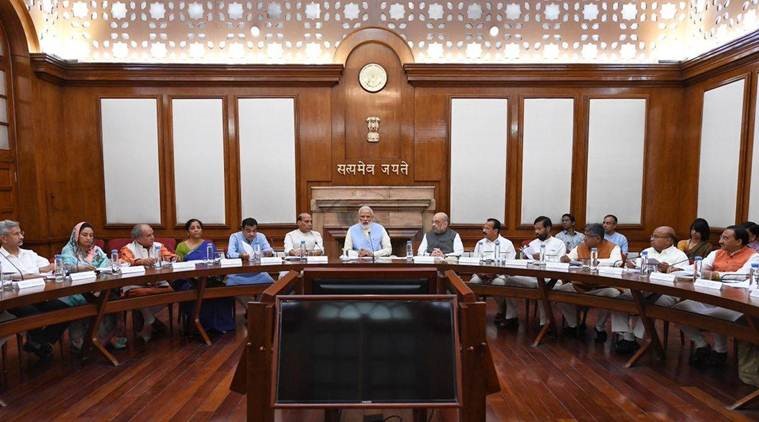Free Courses Sale ends Soon, Get It Now


Free Courses Sale ends Soon, Get It Now



Disclaimer: Copyright infringement not intended.
Context
The Cabinet Committee on Security (CCS) has accorded approval for procurement of more than 200 BrahMos supersonic cruise missiles and associated equipment for the Indian Navy at a cost of around Rs 19,000 crore.
Details
Cabinet Committee
Cabinet Committee on Security
Some other Key Committees
Appointments:
Accommodation:
Economic Affairs:
Parliamentary Affairs:
Political Affairs:
|
PRACTICE QUESTION Q The size of the cabinet should be as big as governmental work justifies and as big as the Prime Minister can manage as a team. How far the efficacy of a government then is inversely related to the size of the cabinet? Discuss. |
© 2024 iasgyan. All right reserved